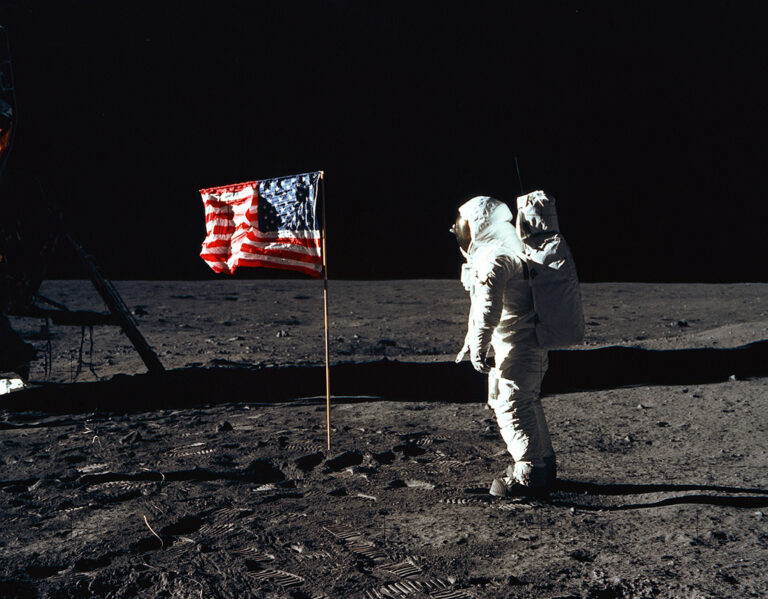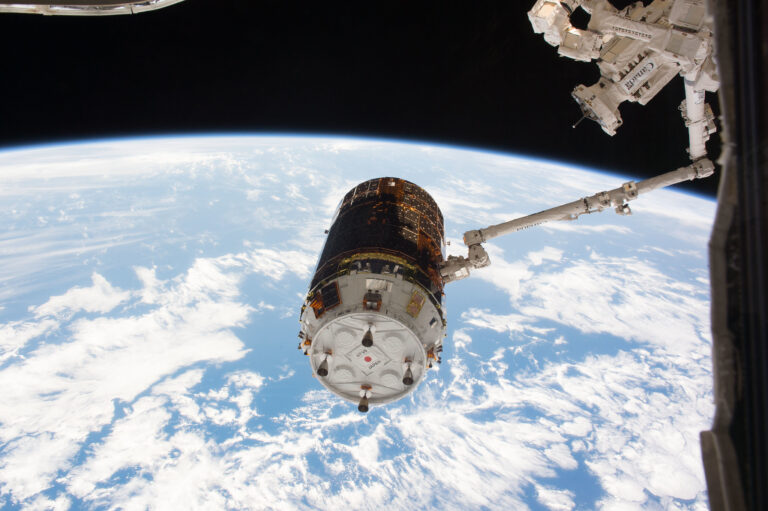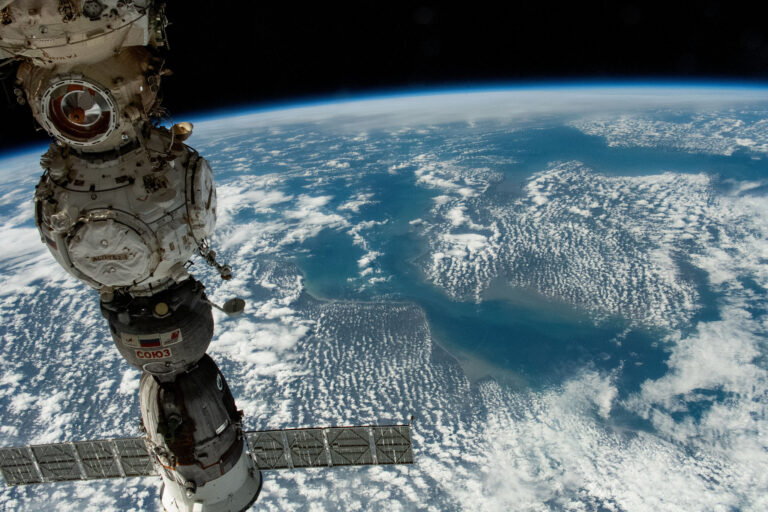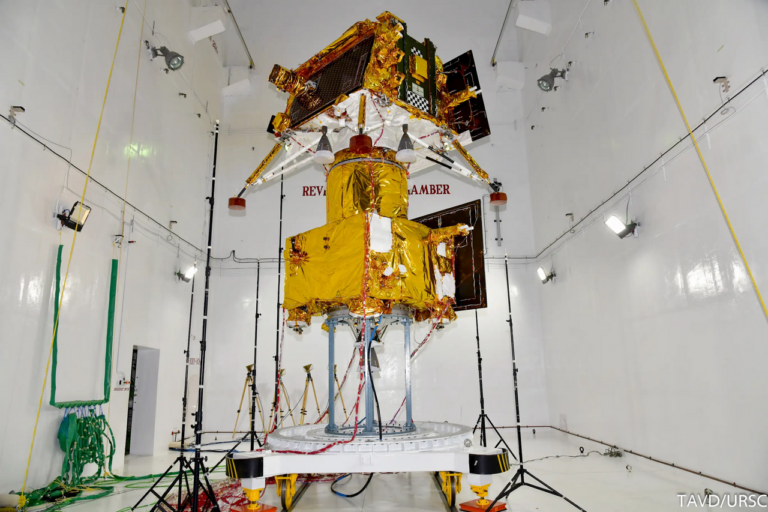Research & Writing

Commentary
Who Woke the Sleeping Giant? Africa’s Emerging Space Programs Take Off
Africa’s growing space ambitions and untapped potential mark an unprecedented opportunity to see what space can achieve for the common good
Ruvimbo Samanga
- November 15, 2023
Commentary
The United States cannot remain a monolith if it wants countries to follow its norms, principles, and rules in a new age of space competition
Deganit Paikowsky
Commentary
Japan’s commercial and national space programs will be facing challenges around governance and the democratization of space on the horizon
Yasuhito Fukushima
Commentary
Seeking to address the safety and security of space activities, Middle Eastern countries have begun to rapidly develop their space capabilities
Beatrice Hainaut
Commentary
As countries vie for control over lunar space, India must adapt its policy and continue to lead among its international competitors
Rajeswari Pillai Rajagopalan
Commentary
A cooperative international approach is needed to manage the many new commercial players operating in space
Robert A. Manning
Commentary
Compounding challenges around space strategy and governance require European states to adapt their current approaches to space policy
Guilhem Penent
Commentary
An international treaty banning destructive direct-ascent anti-satellite (DA-ASAT) missile tests is possible with the right support
Victoria Samson
• Brian Weeden
Commentary
A unilateral approach to space governance cannot work in the current international system
Evan Cooper
• Kelly A. Grieco









